Swiss gold refiners pledge to avoid Brazilian Amazon gold
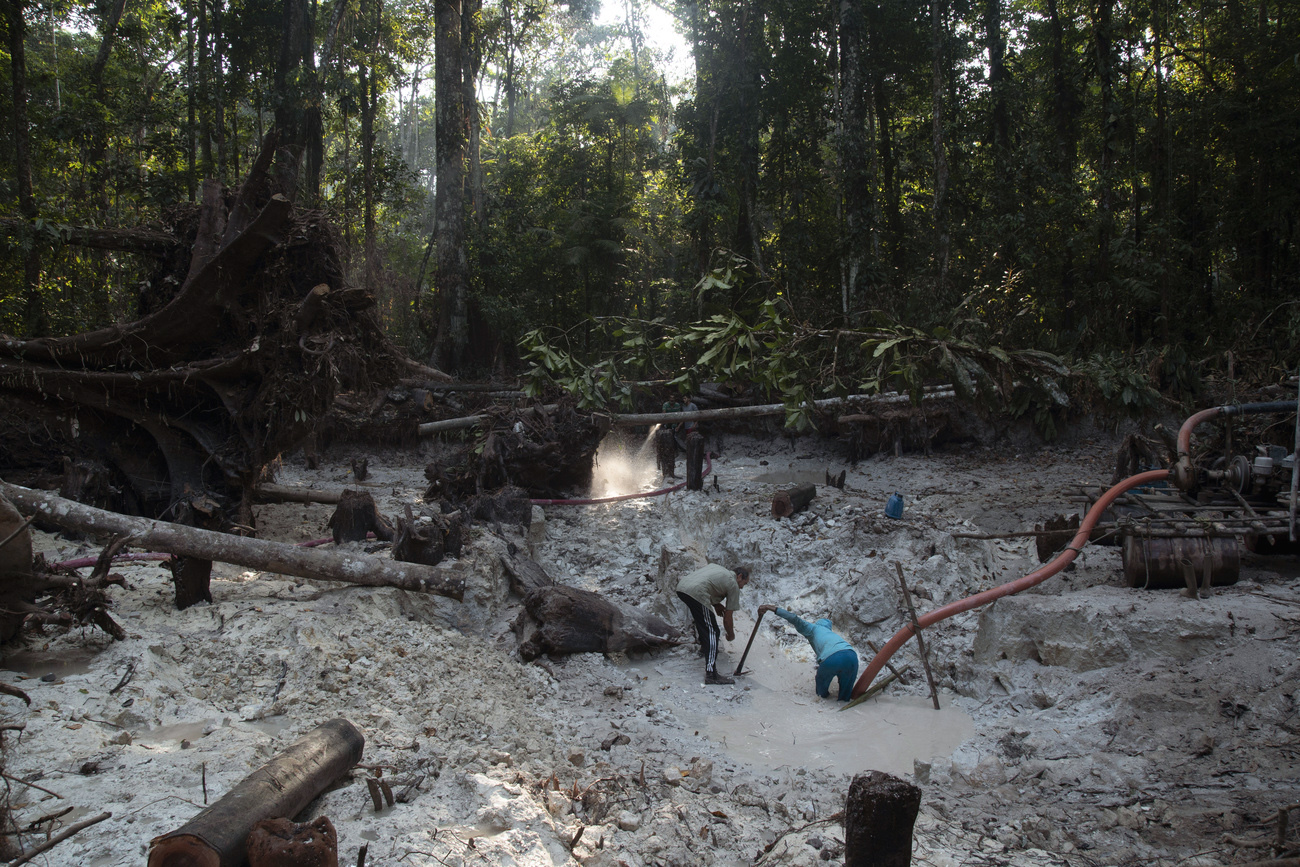
Switzerland’s gold industry giants have announced they will not use gold extracted from indigenous territories in the Brazilian Amazon.
In a rare statement, Swiss refiners also said they would take the “necessary technical and humanly possible measures in order not to take, import or refine illegal gold including the one from Brazil by tracing and identifying this gold.” They also urged the Brazilian government of Jair Bolsonaro to do more to protect the indigenous population and the environment.
Gold mining by irregular artisanal miners contributes to the deforestation of the Amazon, leaves the soil poisoned with mercury and encroaches on traditional indigenous lands. Brazilian export data and academic studies suggest much of that gold goes to or through Switzerland, a key player in the global gold trade.
“It was quite easy for our members to say we don’t touch gold coming from the Amazon region because this is not the kind of business a Swiss refiner wants to do,” says Christoph Wild, president of the Swiss Association of Precious Metals Manufacturers (ASFSMP) and Traders Association, which signed the June 27 statement. Other signatories include the gold refineries Argor-Heraeus, Metalor, MKS Pamp, PX Précinox and Valcambi. The ASFCMP has 13 members encompassing the major refineries, Swiss bank UBS and smaller precious metal companies.
In May, the human rights NGO Society for Threatened Peoples facilitated an encounter between indigenous community leaders from the Amazon region and gold industry representatives. The conversation spanned the violence they encounter from clandestine miners known as garimpeiros and their concerns for the environment as the country mulls legislation to permit mining on their ancestral lands.
A sticking point in these talks was Brazilian export data that suggests a steady outflow of gold from the Amazon region to Switzerland.
Wild, who took part in the encounter, finds these figures questionable.
“Honestly, I don’t know if the export data or the statistical data from Brazil is the right one,” he told SWI swissinfo.ch. “I can tell you that the Swiss refiners do not take this material from the Amazons.”
Brazilian data suggests that in 2020 and 2021, five tonnes of gold came to Switzerland from Itaituba in Pará, a state in northern Brazil traversed by the Amazon River . Christoph Wiedmer, co-director of the Society for Threatened Peoples (STP), argues these figures are evidence of the greater need for transparent accounting on the Swiss side. Switzerland only tracks how much gold was imported from each country per month. In its efforts to get greater details on sourcing, the STP is stuck in a legal battle with refiners keen to maintain secrecy.
Adding to the mystery of the five tonnes of gold, Wiedmer notes, is that gold exports from Itaituba to Switzerland stopped after August 2021. That same month customs at Zurich Airport confiscated 20 kilos of gold from a person travelling from Sao Paolo to Dubai, a notorious hub for risky gold, via the Swiss city. The incident was first reported by Spain’s Vanguardia newspaper and remains under investigation. Wiedmer says it raises the question whether Switzerland was a quick stopover in a whitewashing operation so that illicit gold could be declared as Swiss in Dubai.
Transparency is key
“Transparency is so important to clean up the trade, to prevent illegal activities or environmentally destructive activities, or products coming from human rights violations,” says Wiedmer.
For Brazil, Switzerland represents its second-fastest growing export market after Canada. In 2020, Brazil gold exports to Switzerland were worth $1.01 billion, compared to $1.89 billion for Canada. The United Arab Emirates rounded out the top three, importing $338 million, according to the Observatory for Economic Complexity.
The Brazilian constitution enshrines the right to an ecologically balanced environment and several treaties protect its indigenous communities. But for decades, that right has come into conflict with soaring global demand for gold. Illegal gold mining accounts for almost 10% of all deforestation in the Amazon region.
Brazilian prosecutors and academics have been grappling with the question of how to clean up the country’s gold supply chain. A studyExternal link by the environmental NGO Instituto Escolhas concluded that between 2015 and 2020, Brazil traded 229 tonnes of gold with evidence of illegality – that’s nearly half of domestic production. It examined gold from mining titles overlapping with indigenous lands and protected areas as well as from “shell titles” with no evidence of extraction but that were likely used for gold laundering.
“The Brazilian Amazon is rife with illegal gold mining operations,” noted another study, this one by the think tank Igarapé InstituteExternal link, which identified 321 points of illegal mining across the nine states that make up the Amazon region. The difficulty for Brazilian law enforcement is that the Amazon region is roughly the size of Portugal, with river tributaries doubling as roads. Plus, protecting the Amazon has not been a priority for the Bolsonaro government, which has proposed a law that would pave the way for extraction in constitutionally-protected indigenous lands.
The challenge for parties importing gold from Brazil, including Swiss refineries, is that illegally mined gold easily enters the legal market early on. That’s because the good faith of sellers is assumed when they declare the origin of their gold. Even Brazilian security companies have been caught making fraudulent origin declarations.
“Gold is being kind of ‘legalised” just in the beginning of its economic circulation,” says Ana Carolina Haliuc Brafança, the federal prosecutor of Manaus, a region at the heart of the rainforest, who contributed to the Igarapé Institute study. “It is very difficult for anyone who is buying gold from Brazil currently to certify that this gold does not come from the Amazon or that this gold was not exploited illegally.”

In compliance with the JTI standards
More: SWI swissinfo.ch certified by the Journalism Trust Initiative








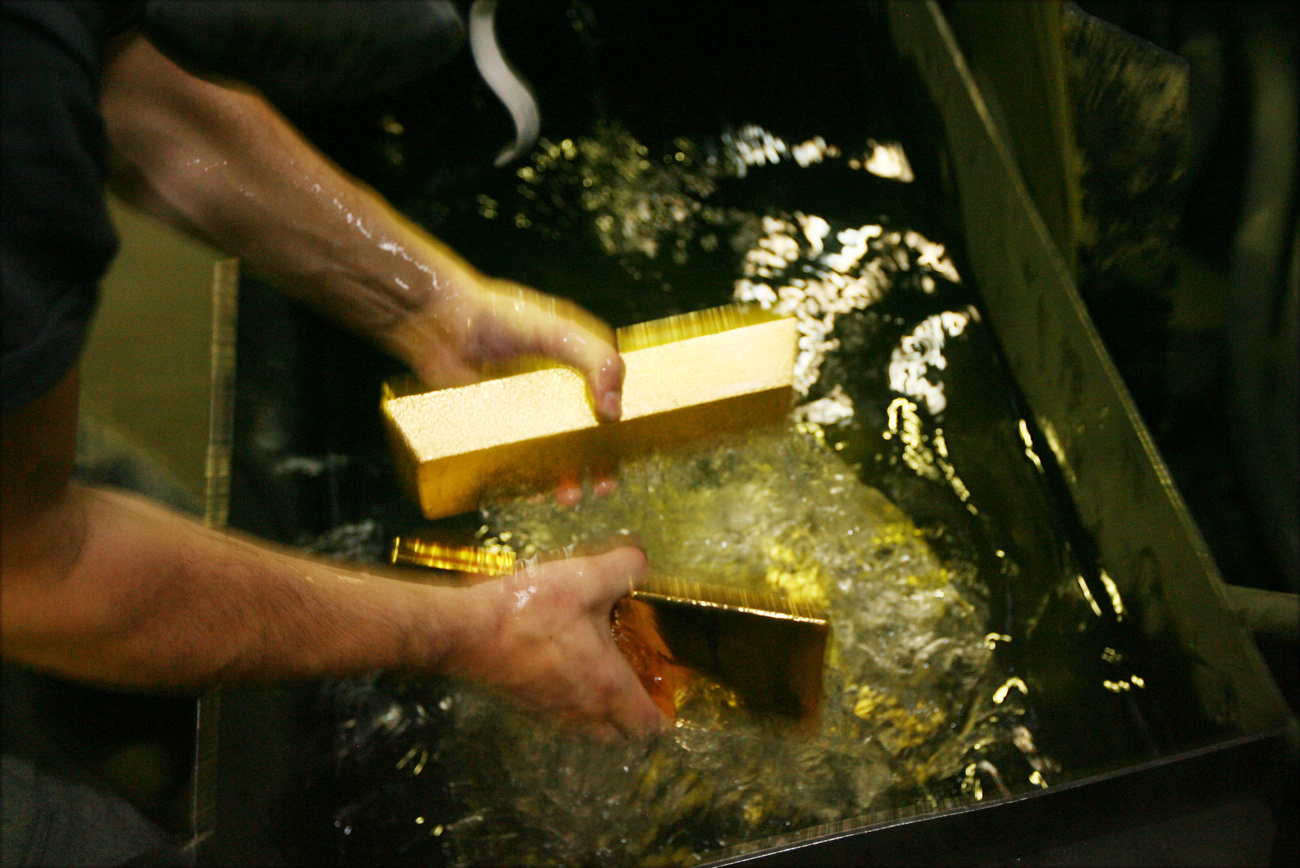

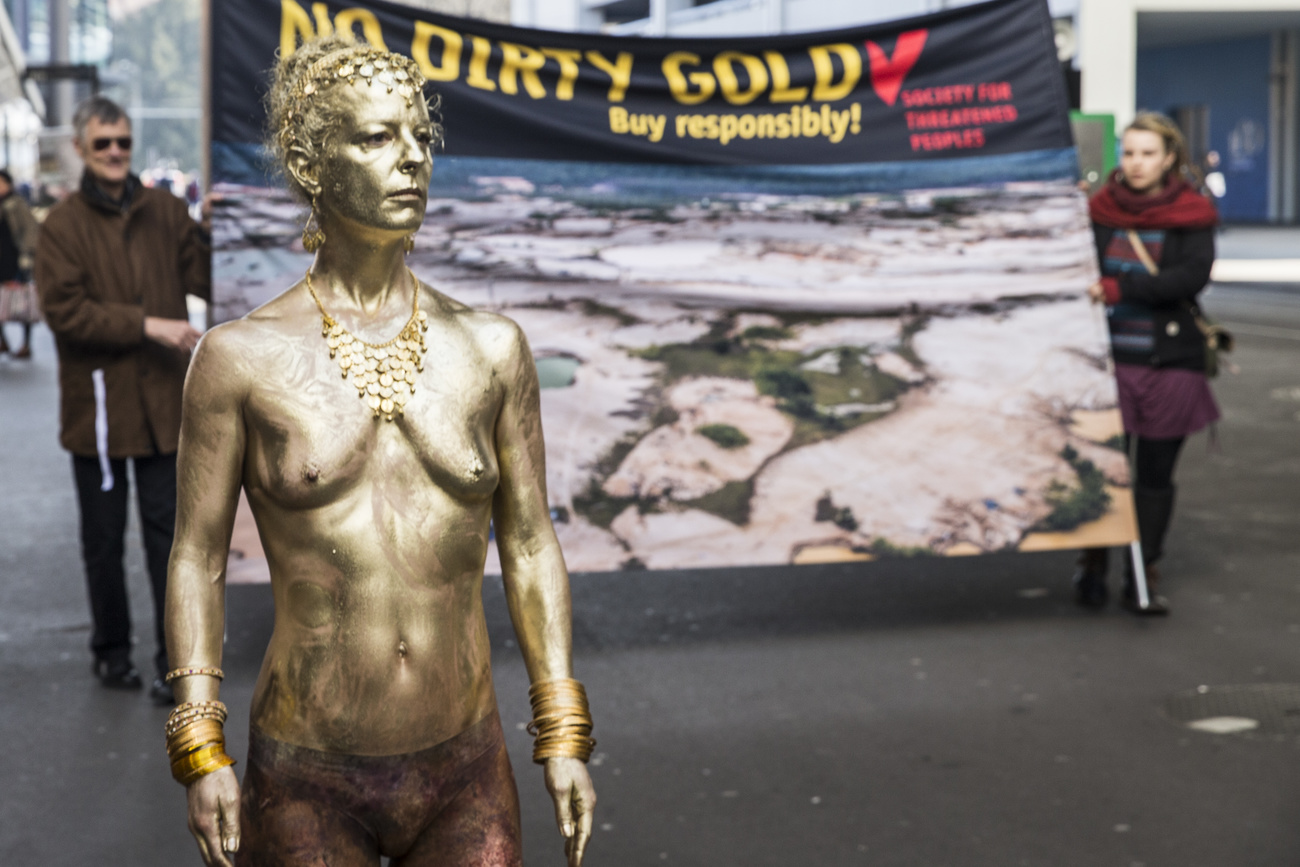
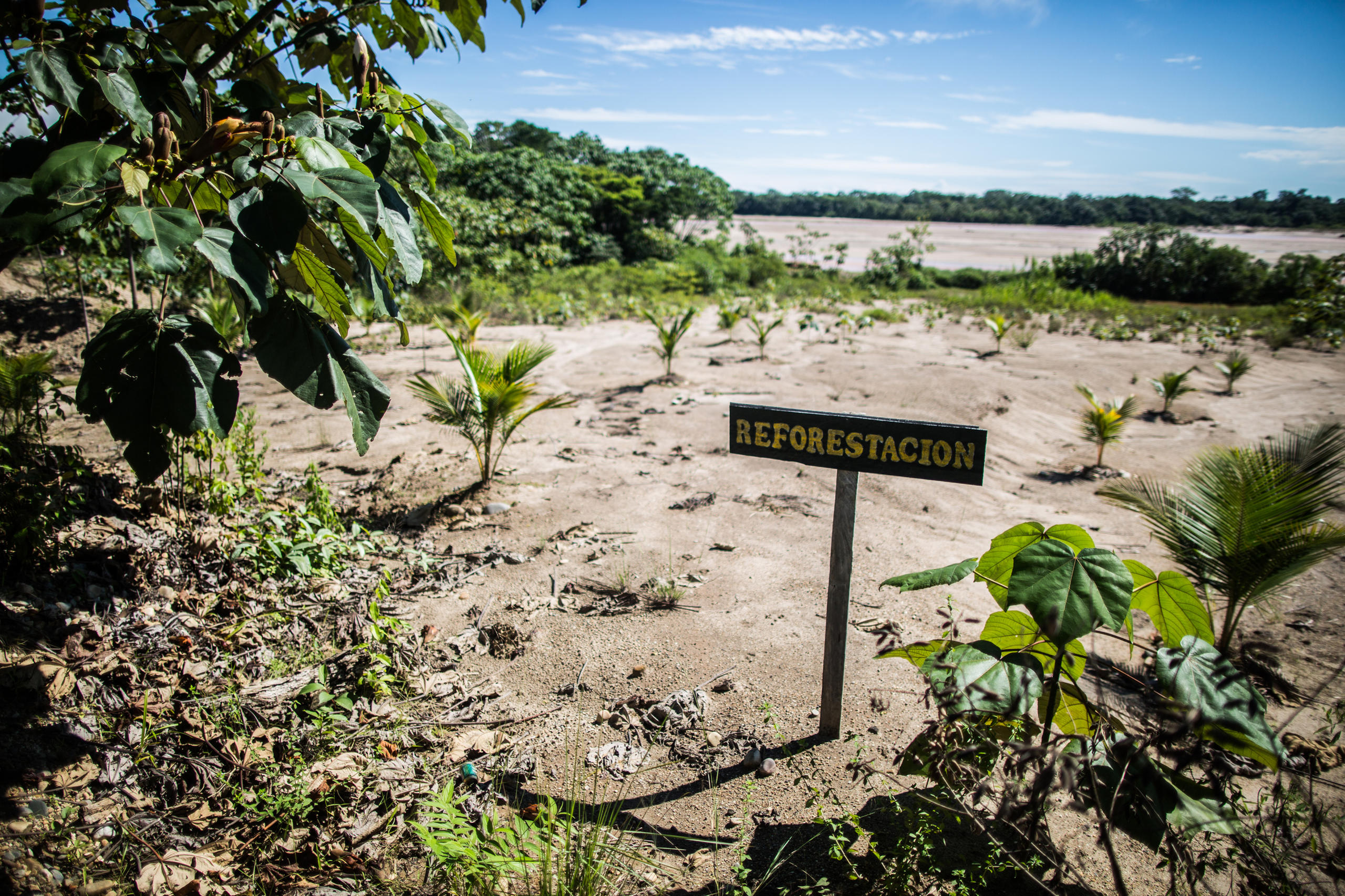
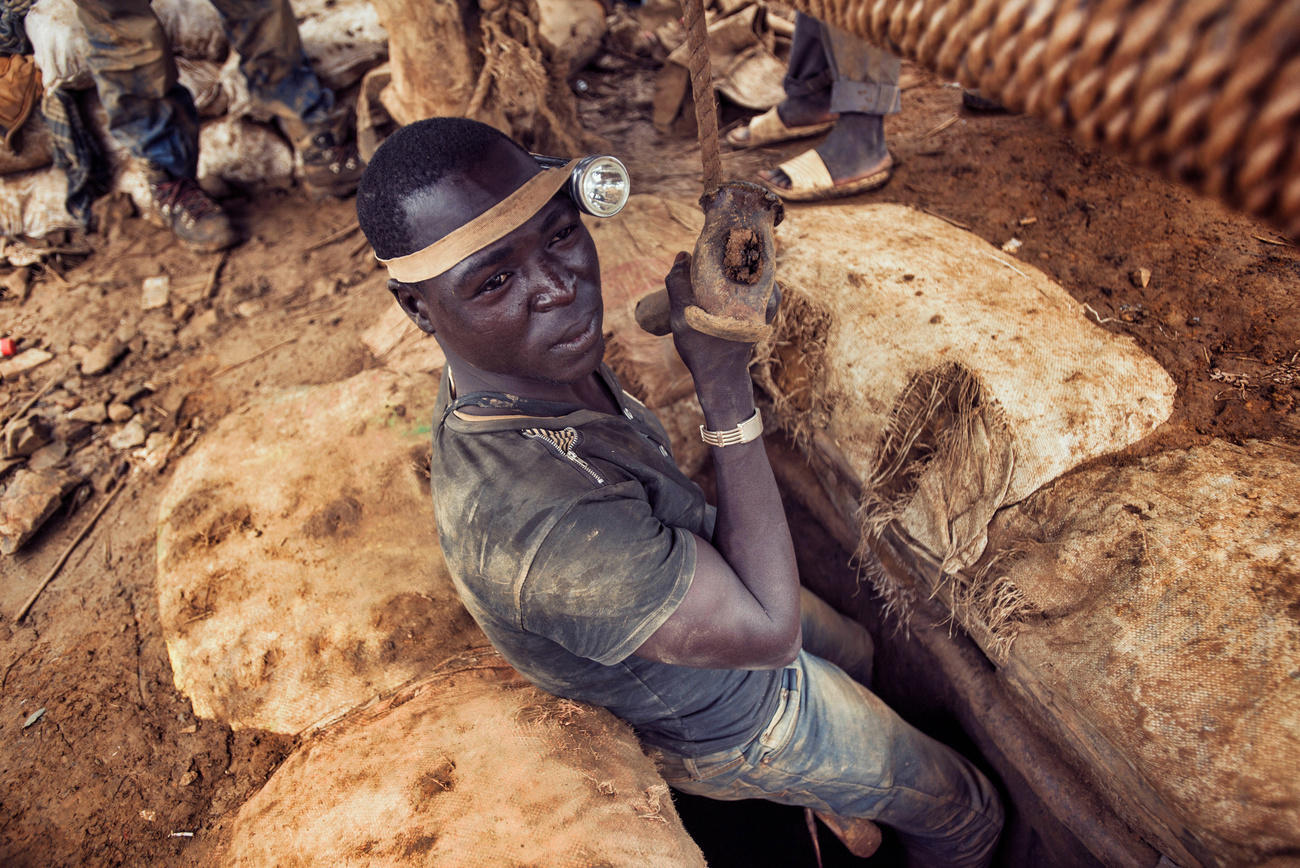
You can find an overview of ongoing debates with our journalists here . Please join us!
If you want to start a conversation about a topic raised in this article or want to report factual errors, email us at english@swissinfo.ch.